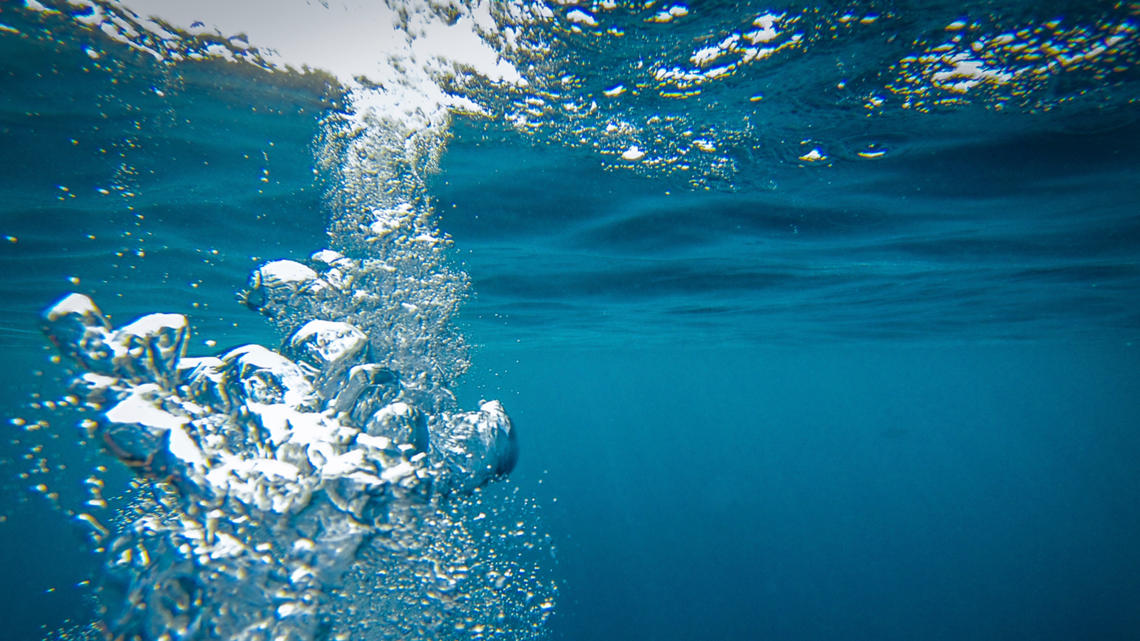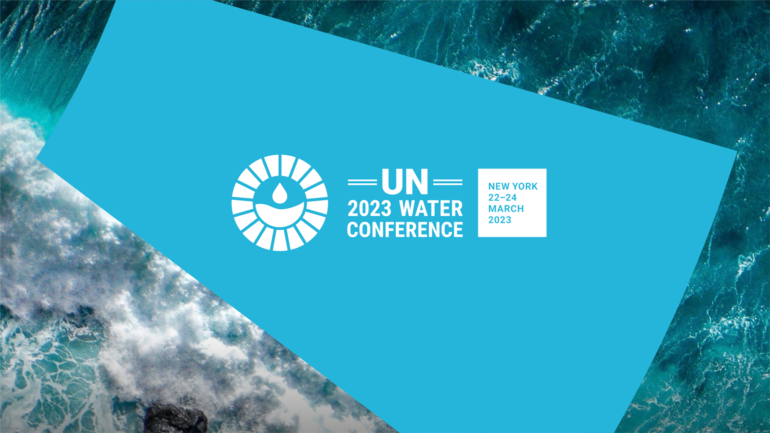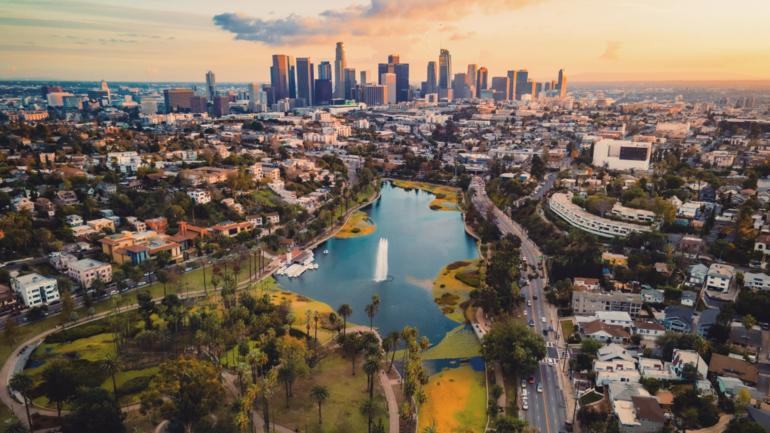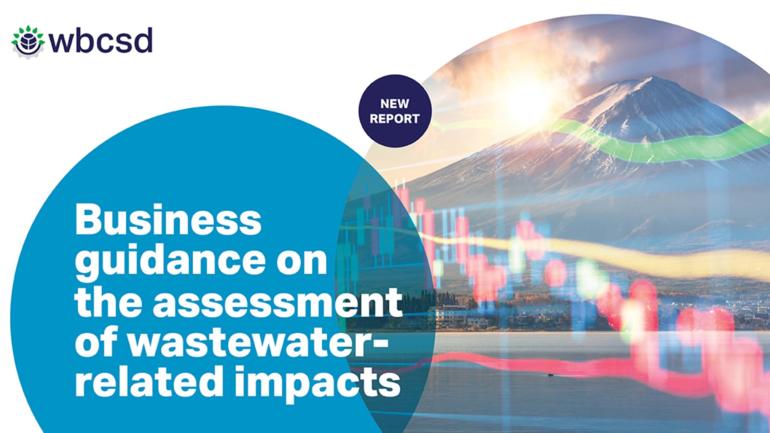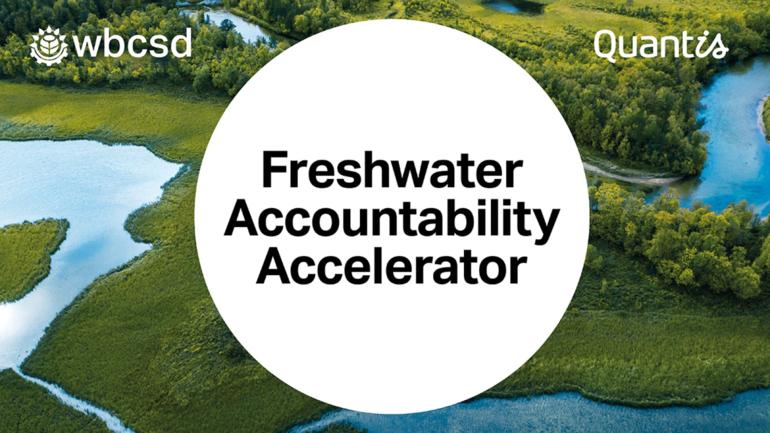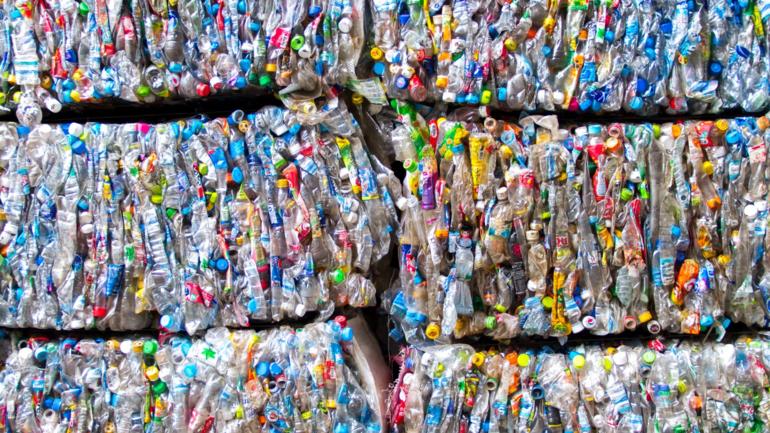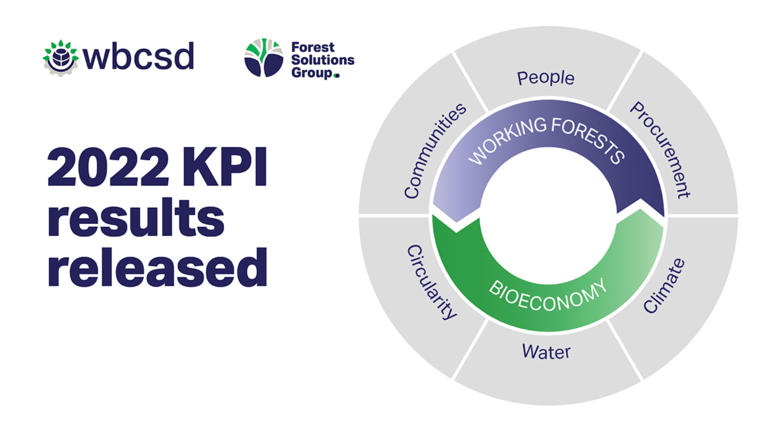By Jeff Wooster
Dow Packaging and Specialty Plastics Global Sustainability Director
In short, the ocean makes possible the quality of life that we have all come to enjoy and therefore, we should all contribute to keeping our ocean clean and healthy.
But the reality of the situation is far from ideal. Collectively humans allow an estimated eight million tons of plastic waste to end up in the ocean every year, and at least 80 percent of that material originates from land-based sources. According to the Ocean Conservancy’s Stemming the Tide, a global report outlining sources of plastic waste along with the solutions needed to prevent waste from entering our seas, the top causes of plastic entering the ocean are lack of waste management and improper management of waste that has been collected. (The Dow Chemical Company is a lead sponsor of Stemming the Tide.)
It’s a global problem that is reaching crisis levels, with massive potential impacts to our environment, economy and health. And although clean-up efforts are important, trying to remove existing ocean debris is futile without first eliminating the sources of leakage. We must work together to stop the flow of plastic waste into the ocean.
Companies don’t make plastic or plastic products with the intent of those materials ending up in the ocean; companies manufacture plastic to create a better, more sustainable society. Plastic provides life-saving innovations for the medical field, packaging that reduces global food waste and countless other advancements that improve life on earth. In fact, a recent study by consulting firm Trucost estimates that replacing plastic with alternative materials in consumer products and packaging would almost quadruple environmental costs.
However, we know that not all plastic ends up where it should. That’s the puzzle we’re working to solve with the private sector, industry trade associations, academia, and NGOs, because we need collaborative and targeted global action to stop and reverse the growth in marine debris.
Dow is a founding member of the Trash Free Seas Alliance®, an international coalition of companies, universities, and NGOs that is committed to eradicating ocean plastic waste by 2035, with a collective global investment of roughly $5 billion a year. Additionally, as part of our commitment to lead the industry, Dow is co-chairing the new WBCSD Roadmap for curbing Ocean Waste (ROW) and invites others to join us in this effort.
Dow also joined other industry leaders in supporting the Declaration of Global Plastics Associations for Solutions on Marine Litter. Our focus on the plastic lifecycle also extends to advocating for science-based solutions to prevent waste from entering the marine environment.
We support the plan laid out in Stemming the Tide, which focuses on stopping ocean debris at the source in five priority countries. We also believe that there is no reason to send plastic items to a landfill if they can first be mechanically recycled, depolymerized to make feedstocks or recover its embedded energy.
The puzzle of plastic ocean debris is not just a business problem or a local problem; it’s a global problem that requires a global response and resources of think tanks, consumers, government, businesses and communities to scale local solutions. We encourage others to join us to see where they fit in as part of the solution. By working together, we believe we can eliminate plastic waste from our precious ocean and further enhance the quality of life for all of earth’s creatures.
Click here for the Business, plastics and waste management

